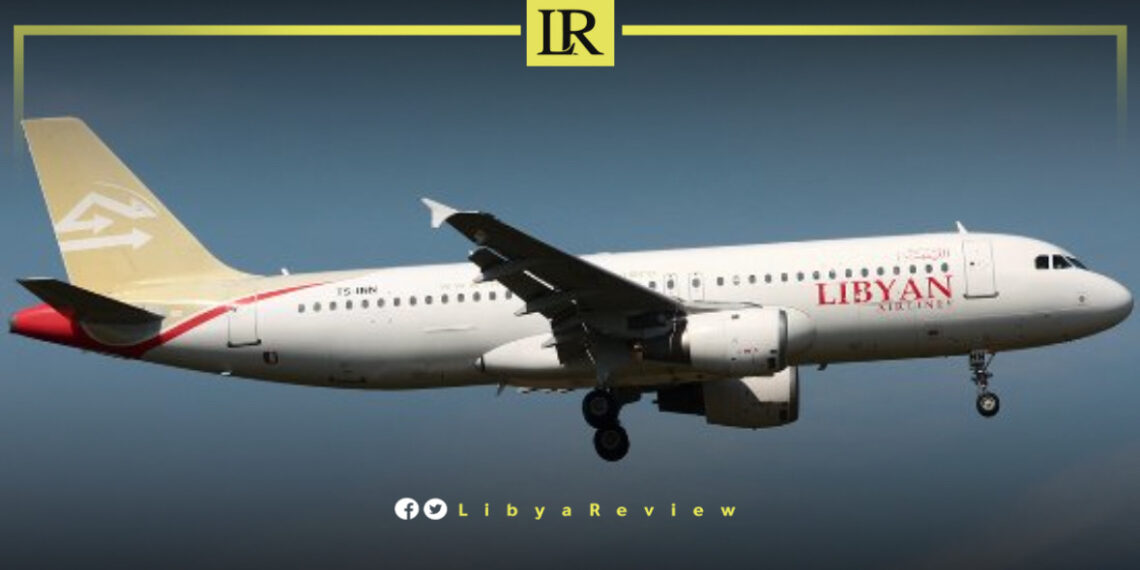On Monday, Abubakr Ibrahim Al-Tawil, Director of the European Affairs Department at Libya’s Foreign Ministry, met with Spain’s Ambassador to Libya, Javier Soria Quintan, to discuss resuming direct flights between Tripoli and Madrid.
The talks focused on strengthening diplomatic and economic cooperation, with both sides emphasizing the importance of restoring air travel to facilitate trade, investment, and official exchanges.
The officials also reviewed preparations for the Spanish-Libyan Forum, set to take place in Spain this April. They reaffirmed their commitment to expanding collaboration in key sectors and enhancing bilateral ties.
The Tripoli-based Government of National Unity (GNU), led by Abdul Hamid Dbaiba, has been in talks with European nations to restore international air travel. Last week, Dbaiba met with Germany’s Ambassador to Libya, Ralph Tarraf, in Tripoli to discuss aviation cooperation and broader diplomatic relations.
Since the fall of Muammar Gaddafi in 2011, Libya has faced severe political instability, leading to security concerns that resulted in widespread international flight restrictions. European airspace has been largely closed to Libyan airlines due to safety and regulatory concerns, making it difficult for the country to maintain strong economic and diplomatic ties with the EU.
The EU banned Libyan airlines from operating within its airspace in 2014, citing safety concerns amid ongoing conflict and lack of regulatory oversight. This restriction has significantly impacted business, trade, and mobility for Libyans traveling to Europe. While some European airlines operate flights to Libya under strict security measures, direct flights from Libyan carriers remain suspended.
The Libyan government has made efforts to address these aviation restrictions by improving airport security, upgrading regulatory standards, and seeking international partnerships. The resumption of flights with Spain would mark a significant step toward restoring Libya’s global connectivity.
Spain has traditionally played an important role in Libya’s economic and diplomatic landscape, particularly in sectors such as oil and infrastructure.


